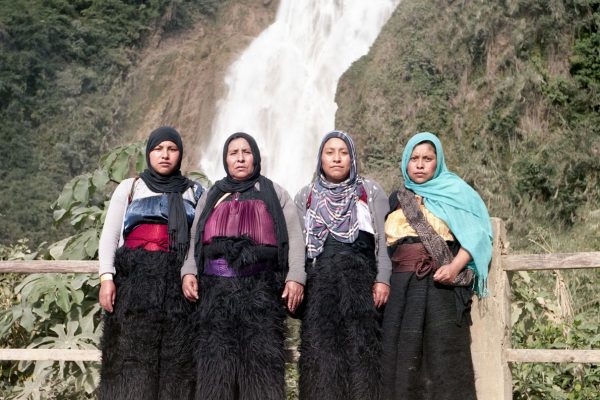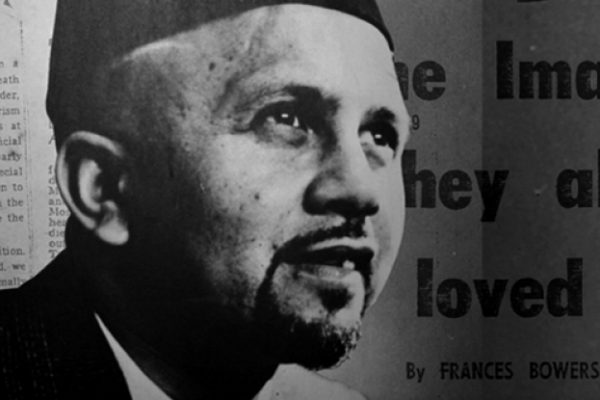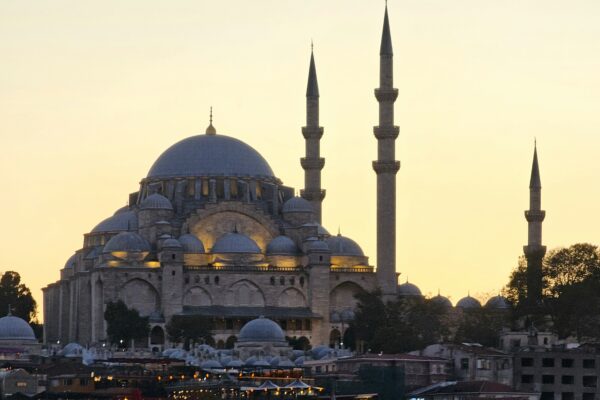Racism, and race issues in Muslim practice is a tough, touchy topic. So touchy that not too many people want to bring it up publicly.
Racism, and race issues in Muslim practice is a tough, touchy topic. So touchy that not too many people want to bring it up publicly.
In his book; Race and Slavery in the Middle East (1990), Bernard Lewis suggests that the topic of race in Islam is so “highly sensitive” that it would be “professionally hazardous” for young scholars to embark on it. I’m going to get in trouble for talking about this. But I’m already labeled a trouble maker, so I’m going to say it anyway.
There is a quiet, but momentous revolution going on in the heart of Muslim America that will potentially change the moral trajectory of Muslims and Islam in the United States. This revolution is not a violent, armed insurgency. There is no name for the movement. There are no flags, no slogans, and no particular leader. There are no planned attacks against anyone, no public demonstrations or protests, and to date, no calls for boycotts. But it is a revolution nonetheless. However, this is a different kind of revolt.
There are no street marches, no sit-ins or sit-downs, or picket signs hoisted over the shoulders of converts as they circle the local mega mosque. No one is talking about boycotting anything and there are no specific demands anymore. It is as organic a revolution as there ever was. This is a low decibel revolution that doesn’t really seem like a revolution at all in the conventional sense. Nevertheless, there is a revolution going on in Muslim America; it is growing, and before it is over, it will likely reverberate into every corner of every mosque in the United States.
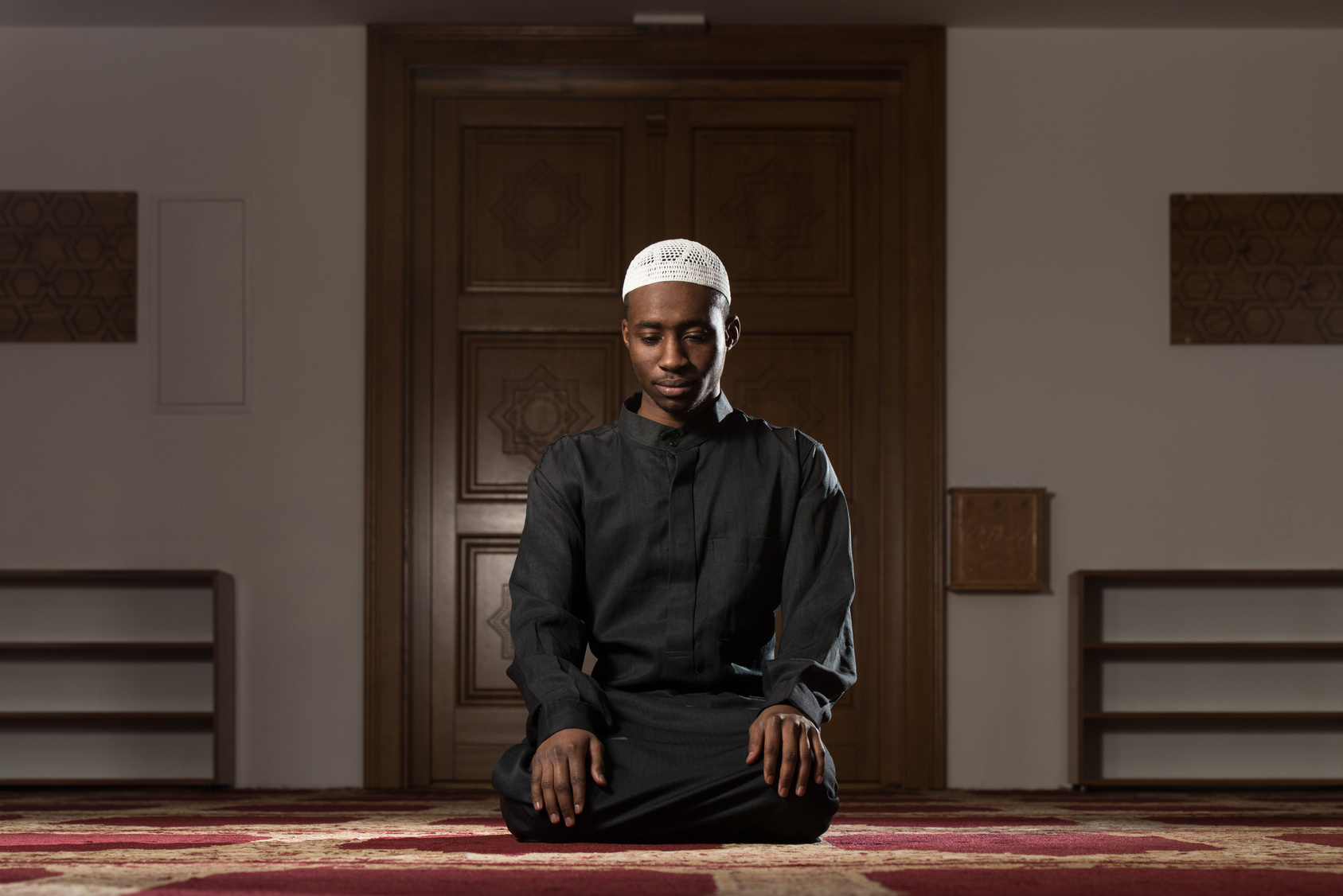
Black and White American Muslim converts to Islam are revolting against Arab and South East Asian Muslims in a non-stop fusillade of verbal indignations, recriminations, and resentment appearing all over social media. People are recounting in vivid and often granular detail, their personal experiences of marginalization, racial slurs, indifference, slights, being left out, put down, ignored and looked down upon by immigrant Muslims. The vitriol expressed by converts to Islam detailing their unwelcoming experiences inside of many of the nation’s multi-million-dollar mosques rival those of the staunchest anti-Muslim purveyors of hate, and it’s bound to get worse before it gets better. I guess you can call it the 21st-century ex-slave revolt.
Racism, and race issues in Muslim practice is a tough, touchy topic. So touchy that not too many people want to bring it up publicly. In June 2015, journalist Zeba Khan wrote a very good article in Aljazeera about the problem entitled; “American Muslims have a race problem”, and in June 2002, almost 15 years ago to the day, I wrote an article entitled “Racial Politics in Muslim America”. The responses in my inbox were overwhelming. It was like I discovered something. However, it wasn’t that I discovered anything new; it was that I dared to speak publicly about race relations in Muslim America. Many converts and born-Muslims from different nationalities applauded the piece and thought it was an honest depiction of reality. Others, nearly accused me of treason for bringing the subject up in a public forum, especially as it was within a year of 9/11.
Talking publicly about race in Muslim America will get you ostracized. When imams talk about it in mixed public setting, people’s faces turn red. Imams have been relieved from their positions for attempting to push the race issue to the forefront. Few Muslim organizations have been willing to tackle the issue of racism in Muslim America head-on with any zeal or serious effort except for anecdotal, or historical mentions about the Black Muslim presence. People prefer the tiptoe approach. One notable exception is the Muslim Anti-Racism Collaborative (Muslim ARC). Another is the recently formed organization, Mosque Without Borders. There are other groups, but very few Muslim leaders or organizations have been willing to take a direct stab against racism in Muslim America or to even openly suggest that racist, anti-Black sentiment exists at all in Muslim America. Failure to call this monster out is what it partially fueling the anger, the moral indignation and the revolt by Black American, as well as White American and Latino American converts to Islam.
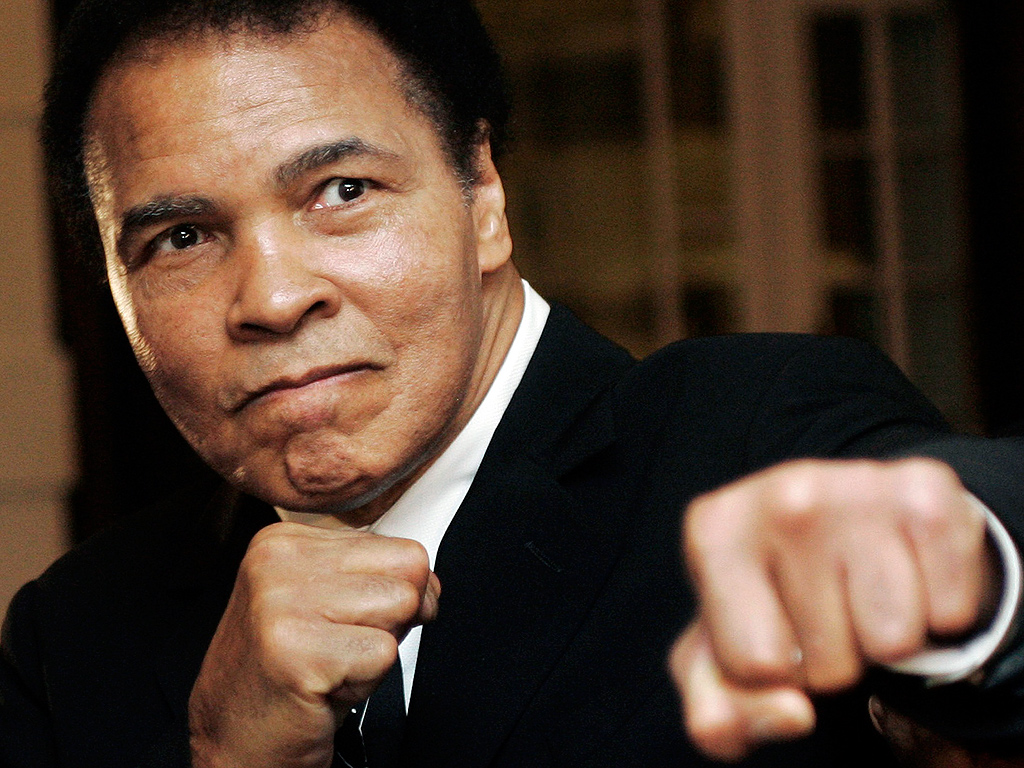
Many Muslim converts, despite experiencing what they perceived to be racist tendencies from immigrant Muslims, used to brush it off as a simple misunderstanding, a mistaken inference, a cultural glitch, or the unintended consequences of migration to an unfamiliar environment. “Maybe he didn’t hear my salaams although I’m standing two feet away from him”, “Maybe they didn’t think it was patronizing to ask me if I know how to make wudu, or if I heard the Bilal story, or if they asked me am I fasting and it’s the middle of Ramadan, or if I am a Muslim and I’m sitting in the masjid wearing a thobe with a kufi on my head”. These are the types of stories Muslims have been recounting for a long time except that now, they relive their experiences on social media and other platforms where it gains traction. People are feeling empowered to speak out about what they consider to be a moral catastrophe.
Just a decade and a half ago, it was virtually unheard of for an African-American Muslim to speak openly about racism or racial disparagement in the Muslim community aimed at Blacks, even though it is no secret that African American Muslims have always been treated as a sort of a second class, inferior Muslim. People talk of disappointment, pity, and disbelief that we have come as far as we have regarding race relations in the United States, only having to revisit it, in what seems like a Jim Crow era Muslim America.
Many people who emigrated to the United States were born during the time where the enslavement of Blacks was still practiced in their born countries. This is not to disparage any particular nationality they still have open slave markets in the South Libyan city of Sabha, so if you just got here from Libya, it’s not too difficult to look at a black American and see “slave” or ‘abd’. I’m not justifying it of course but I’m pointing out how easy it is to be a racist Muslim in America if you’re not careful, and a lot of people aren’t careful at all. A person cannot simply erase their mental image of black people when it has been instilled in their culture for centuries that blacks are inferior slave race with some exceptions to the rule. Even Ibn Khaldoun in all of his genius concluded that the black race was little more than a dumb animal.
The nuance is that Arab, and East-Asian Muslims do not control the convert’s economy. They do not employ new Muslims in any appreciable numbers, they do not control education, criminal justice, the courts or the housing market. Immigrant Muslims do not control the socio-economic elements that affect convert’s standard of living, lifestyle, or access to services. If that was the case, it would be a different kind of revolution going on. What immigrant Muslims control are the bulk of the nation’s mosques, and the nation’s influential Islamic organizations and major advocacy groups, where blacks are summarily excluded from power, position, from policy making, from influence and from messaging.
What Black and White converts to Islam experience in a racialized Muslim America is a sense of disappointment, a spiritual let down, and embarrassment. Imagine growing up Christian knowing that there were White Christians and Jews who marched on Washington, abolitionists who stood side by side with Blacks in their fight against slavery and racial bigotry and then enter Islam and you can hardly get a greeting. Where you are invisible, where you are the outcast. There is hardly nothing more embarrassing than to try to bring your friend to the mosque that you attend, knowing that he’ll be treated as an invisible, or that he’ll get patronized because he is an African-American like you, and somebody will ask him if he knows the Fatiha, or simply stare at him.
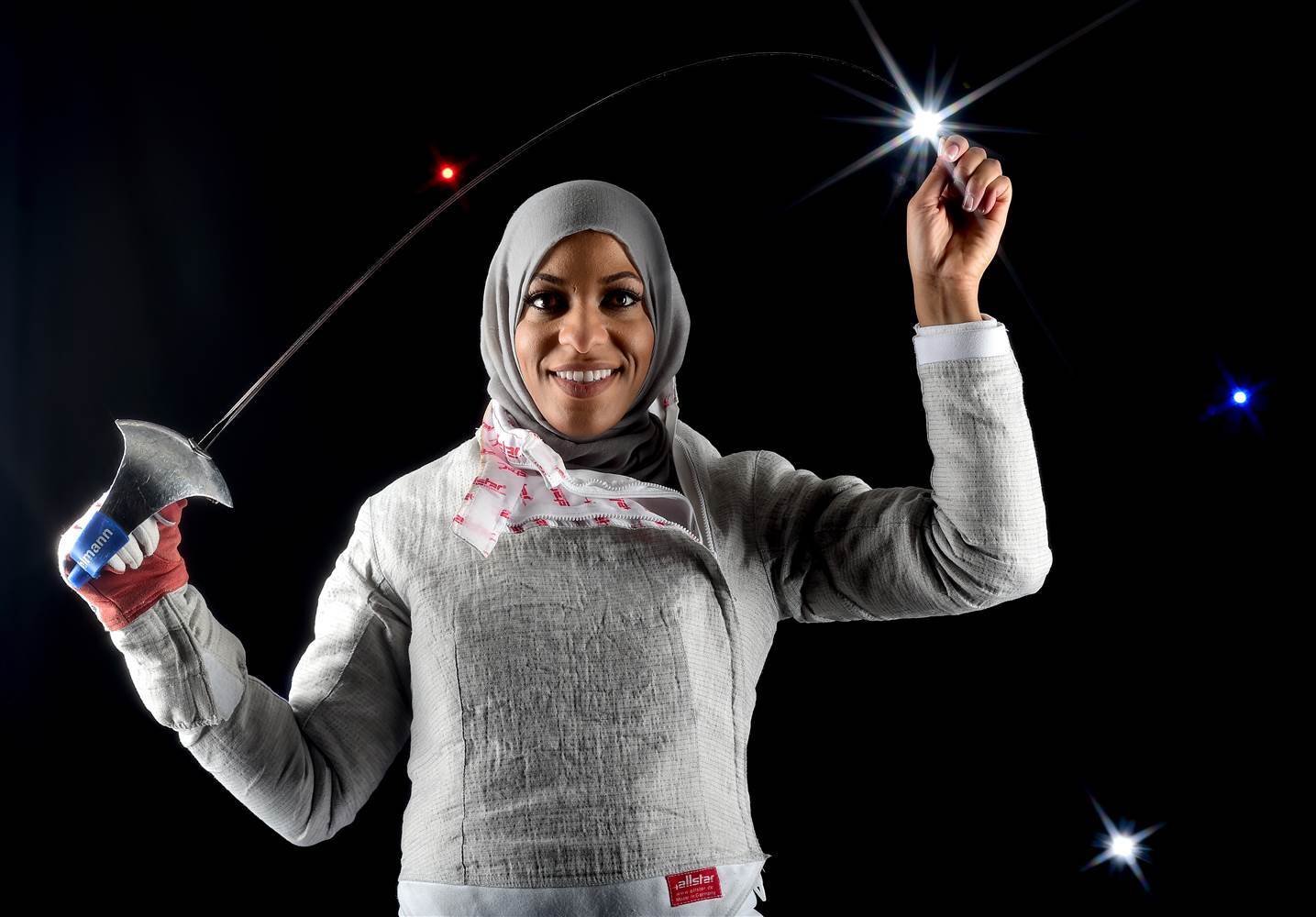
Convert Muslims are not asking for or demanding respect anymore. It seems to have gotten past that. Many are starting to look at the Muslim immigrant community as incapable of change, incapable of enlightenment. They are generalizing and this is wrong but the wide-ranging silence from immigrants in even acknowledging this problem is what leads to generalization.
Race is the single most divisive issue in our nation, the growing perception amongst converts is that the immigrant Muslim community is taking the religion backwards, at a time when we need to be moving forward. A sort of civilizational suicide. They control the majority of the nation’s mosques and Muslim communities where racial disparity and discrimination is most felt. Yet, they are afraid to look at themselves in the mirror. Everything is someone else’s fault.
What many converts are saying now is that they need to have their own mosques, their own schools, their own communities and forge their own futures as Muslim Americans. They are saying that they need to deal with their own issues, tend to their own culture, develop their own Islamic scholarship. In fact, it’s gone beyond even that. Many converts are calling for outright segregation. Convert Muslims, White, Black and Latino are expressing open hatred and contempt towards Arab and South East Asian Muslims. They’re speaking of resentment, disdain, aversion. Just look at the threads on social media.
African-American Muslims have come to expect racism from society, from White people (although the situation has improved), from our government, from many of our institutions. They expect that when they are pulled over for a traffic stop that they were targeted and will be treated differently from a White person. They expect they will have problems moving into some neighborhoods, they expect that they will pay more for auto insurance, that their schools will be less funded and inferior in quality than schools in White neighborhoods. African American Muslims have come to expect that. However, what they did not expect was to find racism inside of the brand new million-dollars-plus mosque. They didn’t expect to be treated with indifference and patronage by Muslims coming from abroad. They didn’t expect that. However, by and large, that’s what they got, and now they are revolting.
Marginalizing the convert community does not seem to be anywhere near it’s ending; we’ve got quite a way to go. Future attempts by immigrant-led organizations to portray a singular image of Muslim Americans that does not include African American, Latino, and White American Muslims will probably continue, but won’t go without recrimination and reproach and the criticism will get louder and eventually will make its way to the mainstream media and then, it’s going to be messy. That’s just my own prognosis.
It’s not about Black nationalism or Black power either; overblown black pride is just as insidious as overblown White pride or overblown Arab pride. African-American Muslims who believe that they are entitled to some spiritual preference because of their skin color are just as deluded as White, Arab, African or Asian Muslims who believe that their skin color or ethnicity makes them better. The religion of Islam is championed by people of all colors, ethnicities, and lineages, and the best of them are the ones who have the most taqwa.
The desired outcome is that eventually moral minds will prevail and American Muslims of different races and cultures will engage in candid, intrepid conversations that will lead to greater understanding. Understanding will hopefully lead to collaboration and collaboration will give us a richer vocabulary of options to address some of the problems facing Muslim America, and for that, we may need to see this revolution through to the end.
